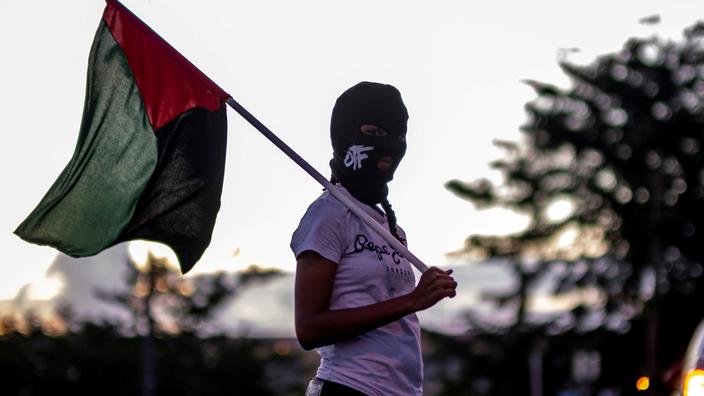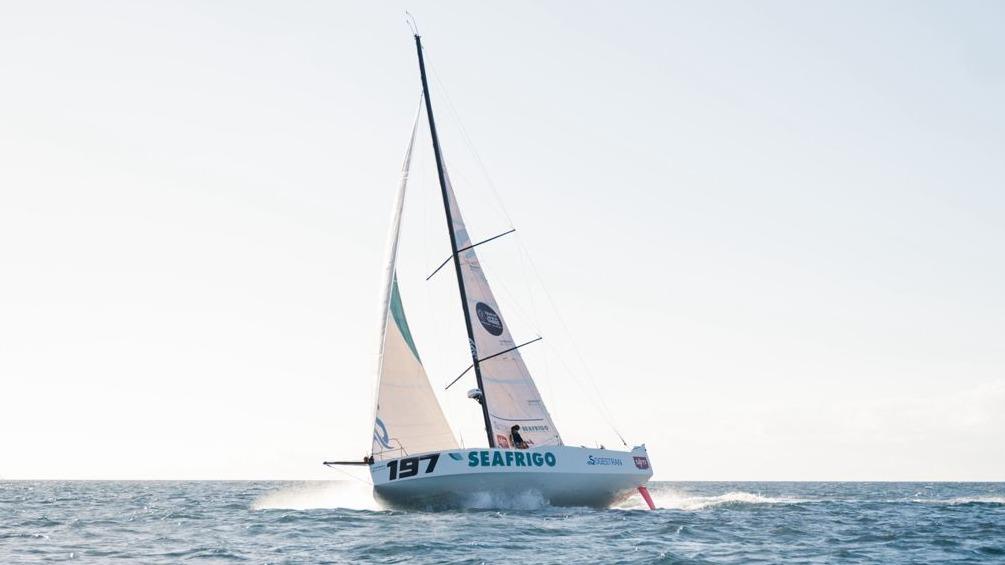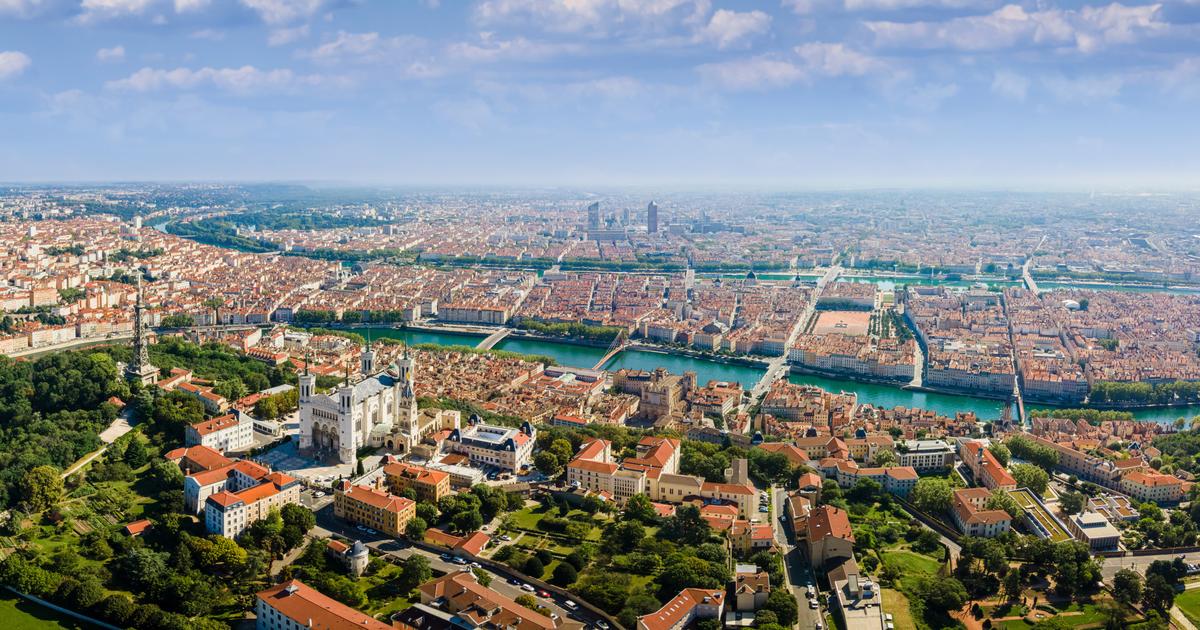Pascal Perri is a geographer and economist.
The status of overseas territories has been adapted many times.
Several articles of the Constitution are devoted to it but with the exception of New Caledonia which votes in December for or against its retention in the Republic, the hypothesis of the independence of the overseas regions has never been seriously considered. .
Those who think independence by pronouncing the word autonomy pay for themselves in words.
Geopolitics reminds us in this regard that autonomy is first gained on the economic ground before being obtained on the political level.
Without the State, without the significant resources invested in it, either from Paris or from Brussels, these territories would be comparable to their independent neighbors, often former English colonies, poor and underdeveloped countries.
Pascal perri
The independent French Antilles?
Be serious !
The French departments of America, Guyana included, live mainly on public procurement and income transfers.
The FIPECO site shows that the two West Indian islands are the most civilized territories in France.
The administration rate measures the ratio between the number of civil servants and the number of inhabitants.
88 civil servants per 1000 inhabitants in Guadeloupe against an average of 72 in mainland France.
As we can see, autonomy is a distant prospect.
The incomes of the civil servants of the three corps and the payment of abundant social income help to keep the machine running, not without perverse effects concerning the over-remuneration of civil servants which drives up prices.
Without the State, without the significant resources invested in it, either from Paris or from Brussels, these territories would be comparable to their independent neighbors, often former English colonies, poor and underdeveloped countries.
Guadeloupe and Martinique are rich territories in the Caribbean Arc, islets of prosperity where migrants flock from the small and large poor islands of the region.
Let us question the French of Martinique and Guadeloupe and they will tell us overwhelmingly that they want more State and not less State.
Read also "The State must no longer suffer the crisis in the West Indies, but restore order and take the evil at the root"
Autonomy should first and foremost be an economic ambition. Aimé Césaire spoke in his time not of underdevelopment but of poor development for the Antilles. The economies of these territories are still counter economies. Guadeloupe and Martinique import the vast majority of their consumption. This situation is the result of history, it is the product of the so-called exclusive system which forced the West Indies into a situation of economic and commercial closeness with the colonial power.
The questions asked by the social movement of 2009 did not find a satisfactory answer. In the West Indies, life is on average 30% more expensive than in mainland France. In the food distribution sector, competition from retailers is real but insufficient to bring down prices. A few import companies share the market. The products cross the Atlantic to end up on the shelves of supermarkets. More expensive, much more expensive than in mainland France with shorter use-by dates. How can it be otherwise when we depend on distant imports, as part of a food model that has become (too) westernized? In countries where the median income is very low, where nearly a third live below the poverty line,the anger is nestled in the receipt.
Getting these territories out of the economic and social deadlock in which they find themselves will impose a little more than political autonomy.
Going from an exogenous model to an endogenous economy will mobilize time, capital, and talents which are lacking today.
Pascal perri
If we add health scandals like that of chlordecone, a synonym of collective poisoning, we obtain violent social movements fueled undercover and sometimes openly by independence movements.
The solution is not in independence, nor is it in maintaining the status quo. Local elected officials and political leaders who manage the relationship between France and Overseas France have more often thought of the next election when it would have been precious to think of the next generation.
Getting these territories out of the economic and social deadlock in which they find themselves will impose a little more than political autonomy.
Going from an exogenous model to an endogenous economy will mobilize time, capital, and talents which are lacking today.
In the modern world, the question of sovereignty arises for large states.
It also arises for our French overseas regions.
The West Indians must ask themselves what type of wealth they are able to produce in order to access economic emancipation.
A healthy relationship from the center to the periphery would lead to long-term cooperation, so that the Antilleans feel like French people in their own right and not entirely apart.








